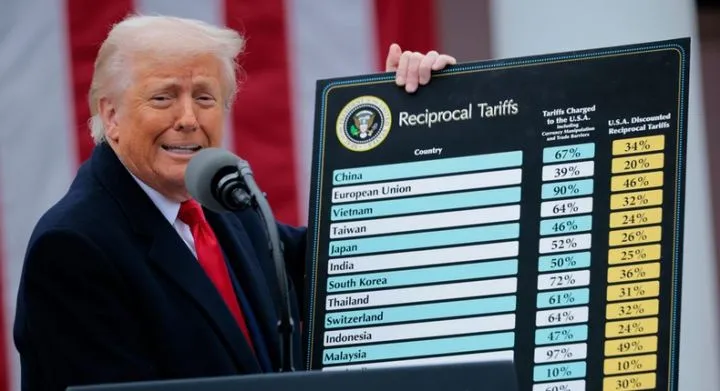
Lesotho, a small, landlocked lower-middle-income country entirely surrounded by South Africa, has declared a national state of disaster in response to the severe economic fallout from newly imposed U.S. tariffs that have disrupted its key export sectors and deepened strain on its already fragile economy.
Lesotho, a textile-reliant African nation, has declared a two-year economic emergency amid deepening uncertainty over U.S. trade policy, after a steep 50% tariff - though paused - disrupted investor confidence and buyer orders.
Deputy Prime Minister Nthomeng Majara declared a state of economic emergency in Lesotho, citing a 30% unemployment rate and mass job losses, particularly in export sectors tied to AGOA.
The measure, effective until June 30, 2027, aims to mitigate the impact of rising joblessness, with youth unemployment nearing 50% in the country of 2.3 million. Majara warned that continued pressure on key industries could have long-term economic effects.
As one of AGOA's most reliant participants, Lesotho faces a potential economic shock: the government estimates that without the program's renewal by September, the country could lose as many as 40,000 jobs, jeopardizing its fragile manufacturing base and export lifeline.
"These tariffs are not just a trade issue-they are a national emergency," said Prime Minister Ntsokoane Matekane in a televised address. "Thousands of jobs are at risk, and our economy cannot absorb this shock without urgent intervention."
Lesotho was hit with the steepest tariff rate - 50%, when President Donald Trump announced the measures in April. Although the tariffs have since been paused, the damage to investor confidence and buyer orders has already taken its toll.
Majara confirmed the state of disaster will remain in force until 30 June 2027.
According to a report by the BBC, officials say the declaration will allow the government to swiftly redirect funds to programmes focused on youth employment and economic recovery. Lesotho, a country of just over two million people, is particularly vulnerable due to its heavy reliance on a single export sector and its limited fiscal space.
In response to the crisis, several government departments have announced initial relief measures, including waiving business registration fees for small and medium-sized enterprises to help stimulate domestic entrepreneurship.
Trump's tariff imposition on Lesotho
Lesotho, one of Africa's smallest and most trade-dependent economies, has been hit hard by U.S. tariffs targeting its textile exports, its largest export sector.
The Trump administration's 50% tariff on select imports from Lesotho disrupted access to the U.S. market, sparking fears of cancelled contracts, factory closures, and mass job losses.
The country, which relies heavily on duty-free access through the African Growth and Opportunity Act (AGOA), joined a coalition with Eswatini and Madagascar to push back diplomatically.
Their efforts led to a 90-day negotiation window, during which officials urged U.S. trade representatives to reconsider the impact on smaller economies.
Although the 50% tariff was suspended, Lesotho's exports now face a 10% tax. The uncertainty has chilled buyer confidence.
Trade Minister Mokhethi Shelile told Moneyweb last month that "U.S. buyers are not placing orders because they don't understand what is going to happen."
The government warns it could lose up to 40,000 jobs if AGOA is not renewed by the end of September, according to AFP. Lesotho is now seeking emergency support from SADC and re-engaging U.S. officials as it braces for deeper economic fallout.

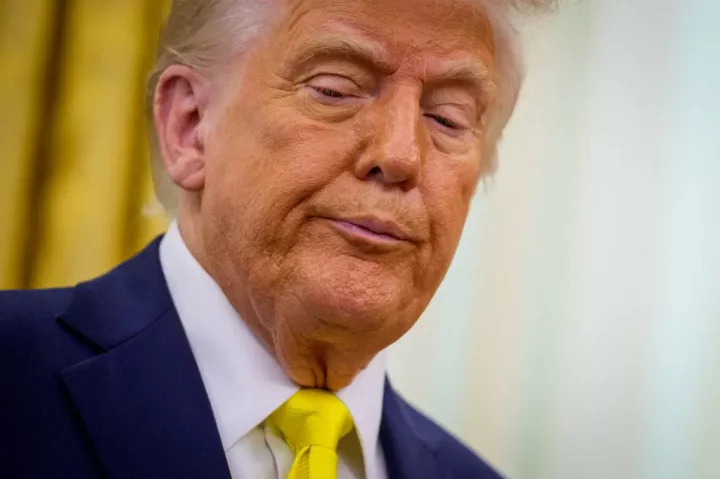
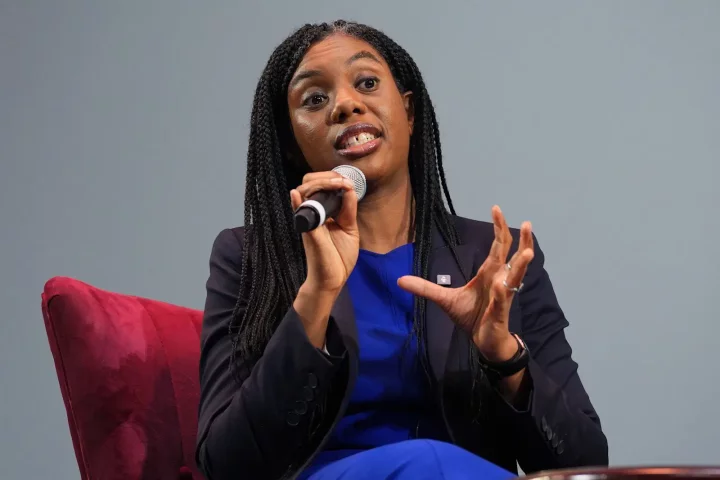
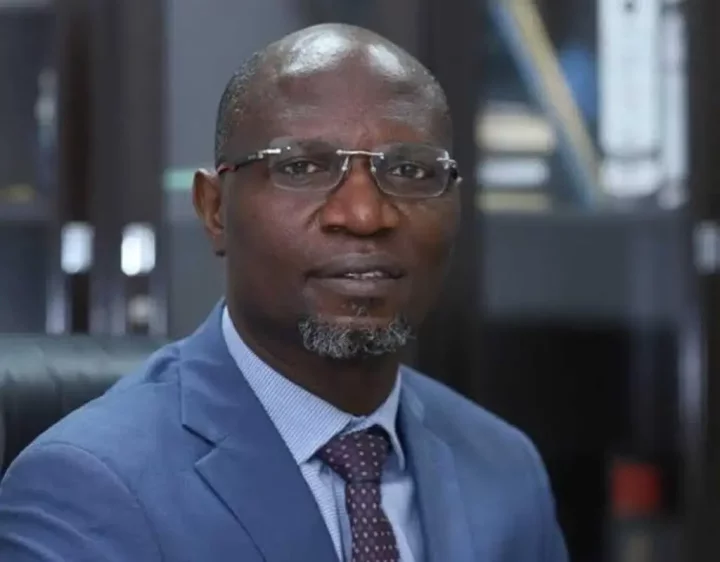
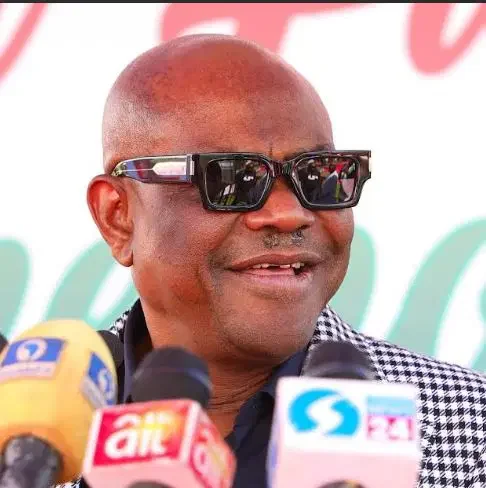
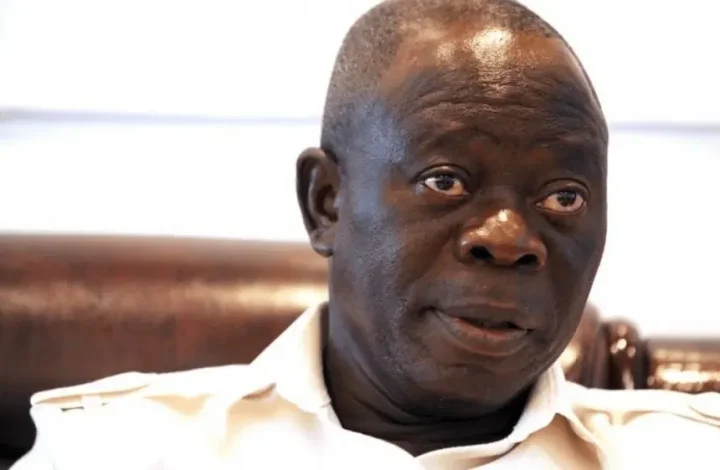
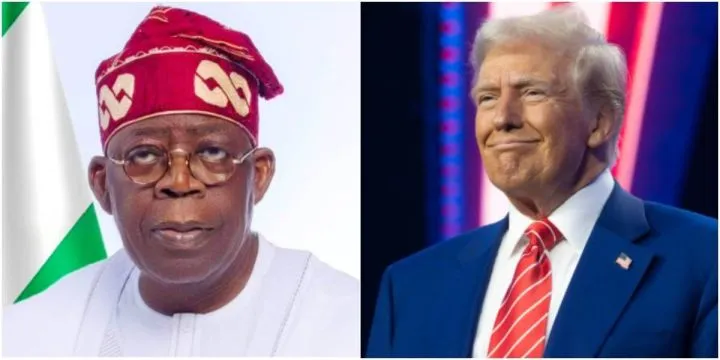

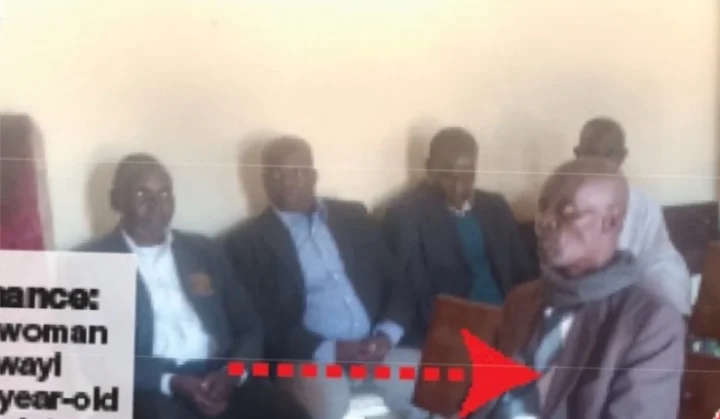







Comments